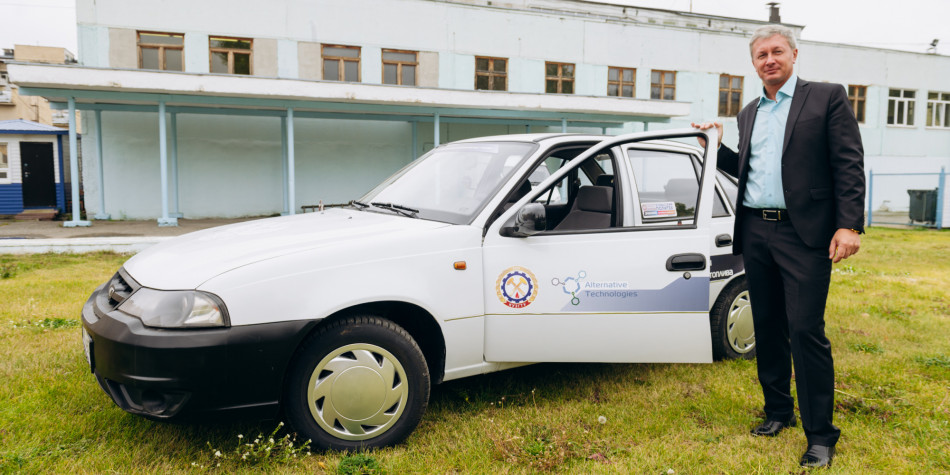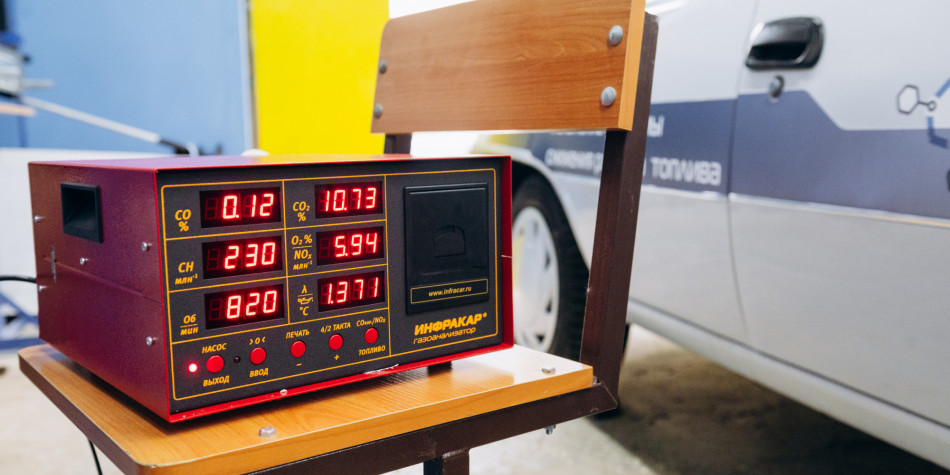
First, scientists will observe the operation of the test car on a gasoline engine. For about six months, it is planned to conduct races with a mileage of 100 km / day on different terrain and take measurements every three days: CO emissions, SpNm.NOx, compression in the engine cylinder, fuel consumption. Also, with the help of a motor tester, the efficiency of the cylinders will be evaluated, and a microscopic video camera will record the combustion chamber of the engine – the condition of the valves, piston, cylinder head and the amount of carbon.
Next, special equipment will be installed on the car, which will allow generating hydrogen within the car with its subsequent addition to the combustion chamber. The principle of using such a generator is that hydrogen serves as a catalyst for the main fuel. This is not a replacement of a gasoline engine, but its modernization – the hydrogen generator is suitable for any fuel and for any category of transport, and the generator is powered directly from the car network. Splitting water into oxygen and hydrogen right inside the car, the generator will transfer a charge of hydrogen to the combustion chamber of the engine through a pipeline.
This technology has a lot of advantages. When interacting with hydrogen, the fuel burns more completely. In a gasoline engine, a spark ignites only part of the fuel, and the rest is burned according to the domino principle, leaving part of the fuel untouched due to lack of time. The combustion time of hydrogen is 10 times less, so the flame spreads much faster and ensures complete combustion of fuel. In general, hydrogen-powered cars are environmentally friendly.
Developments on the generation of hydrogen in cars were carried out back in Soviet times at Moskvich 412. The KuzSTU experiment is an attempt to repeat this experience on a more modern car. Based on the data obtained, it is planned to write articles of the Higher Attestation Commission, including the development of a patent. In addition, we will attract students – in front of our industrial partners, they will defend the final qualifying papers devoted to the results of the experiment, - said Andrey Kudrevatykh, head of the Department of Vehicle Operation at KuzSTU.



